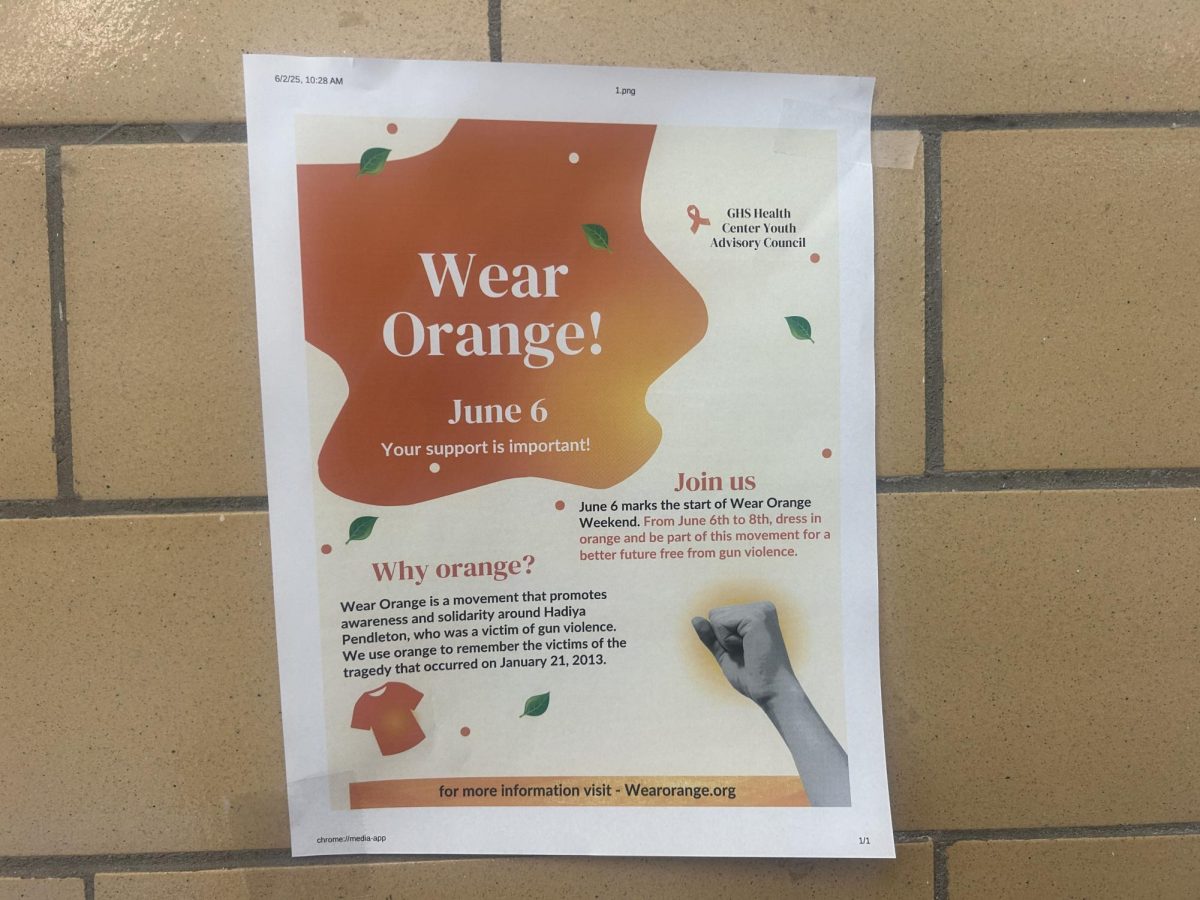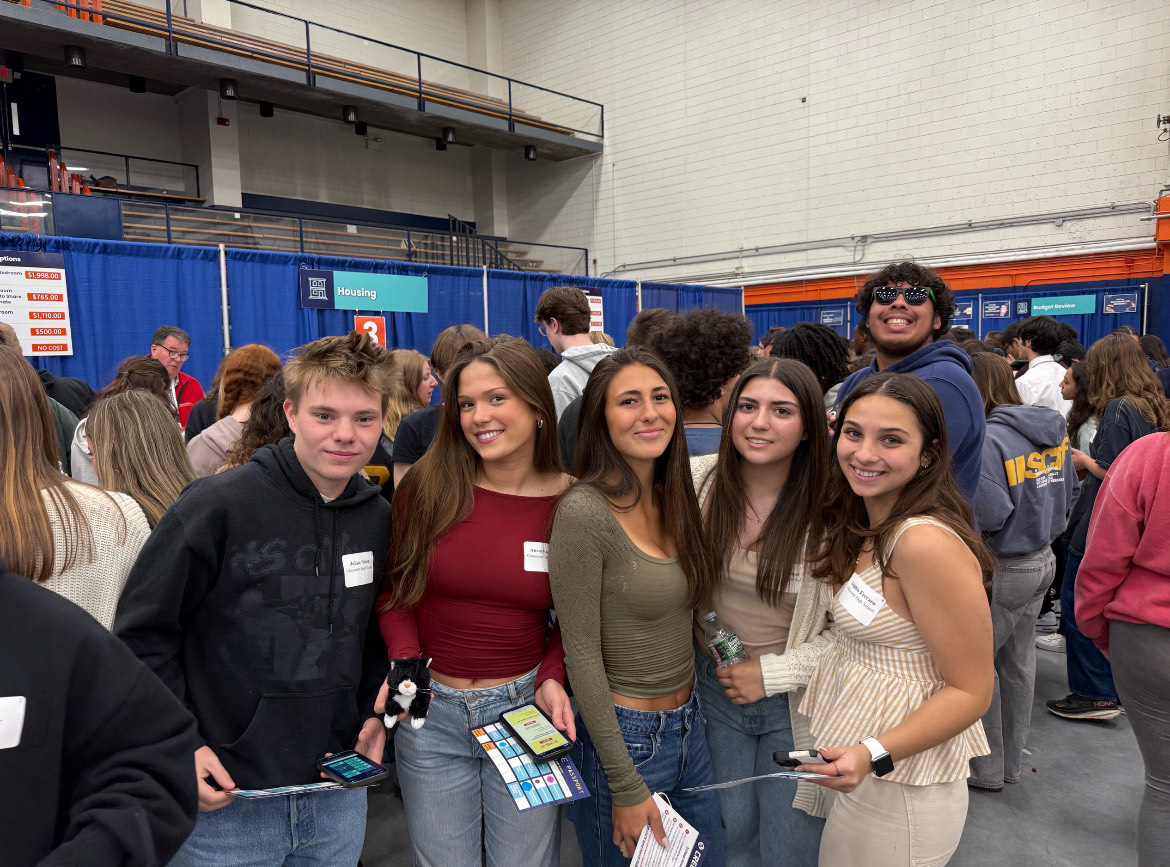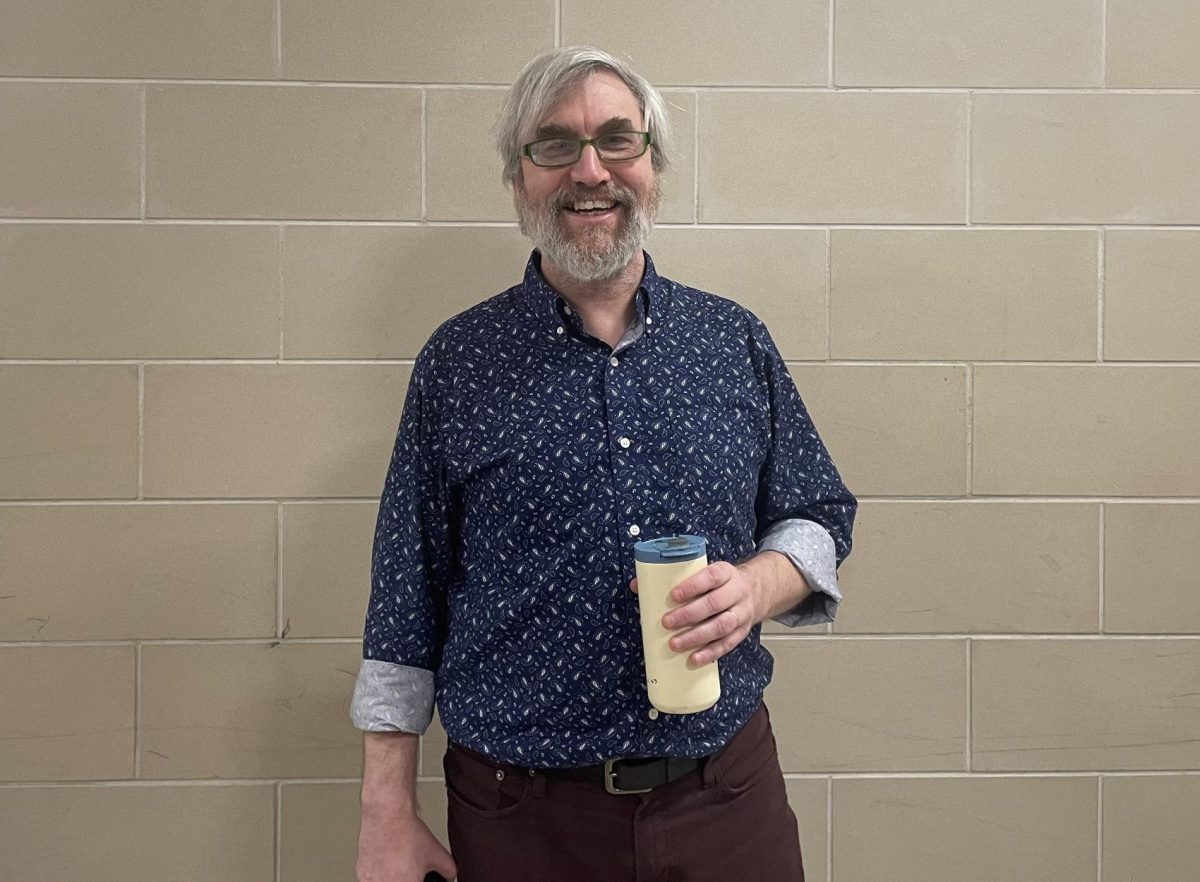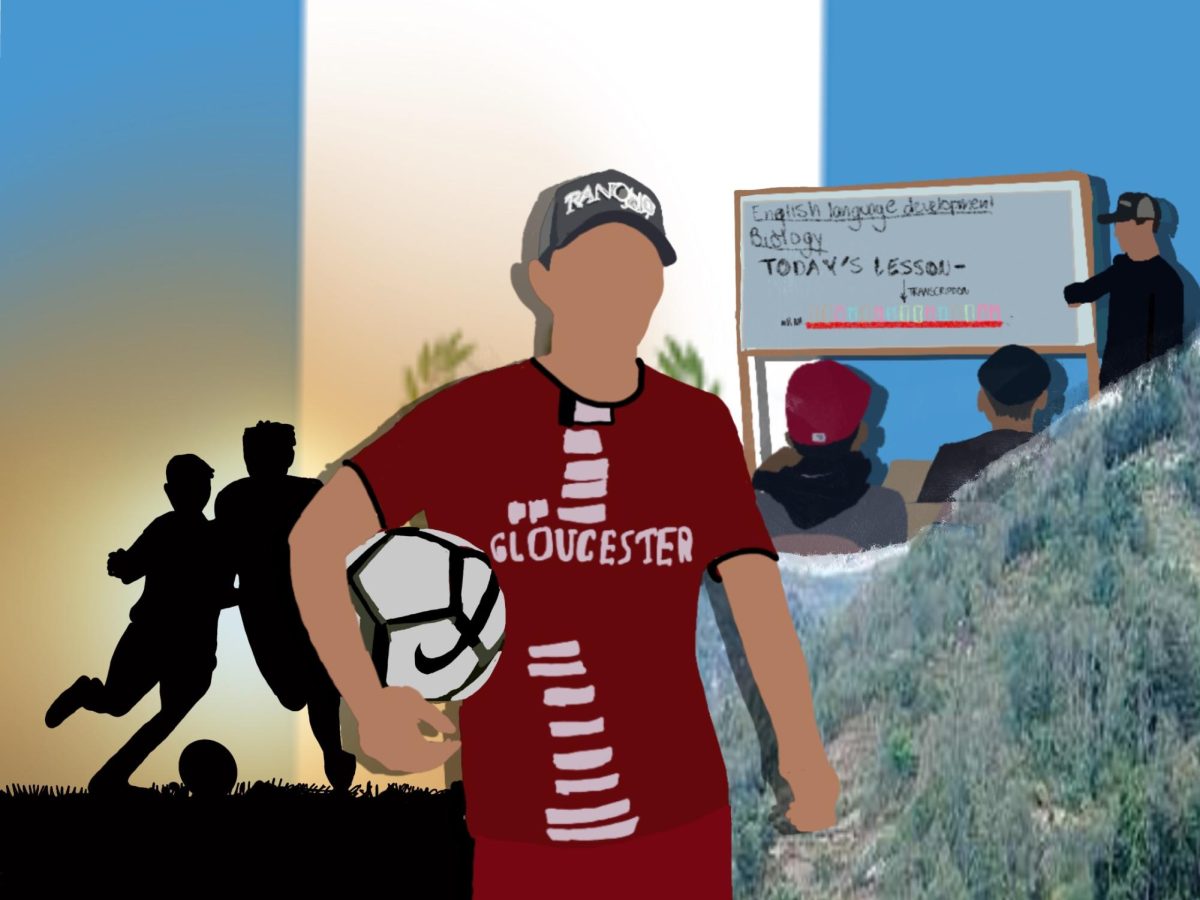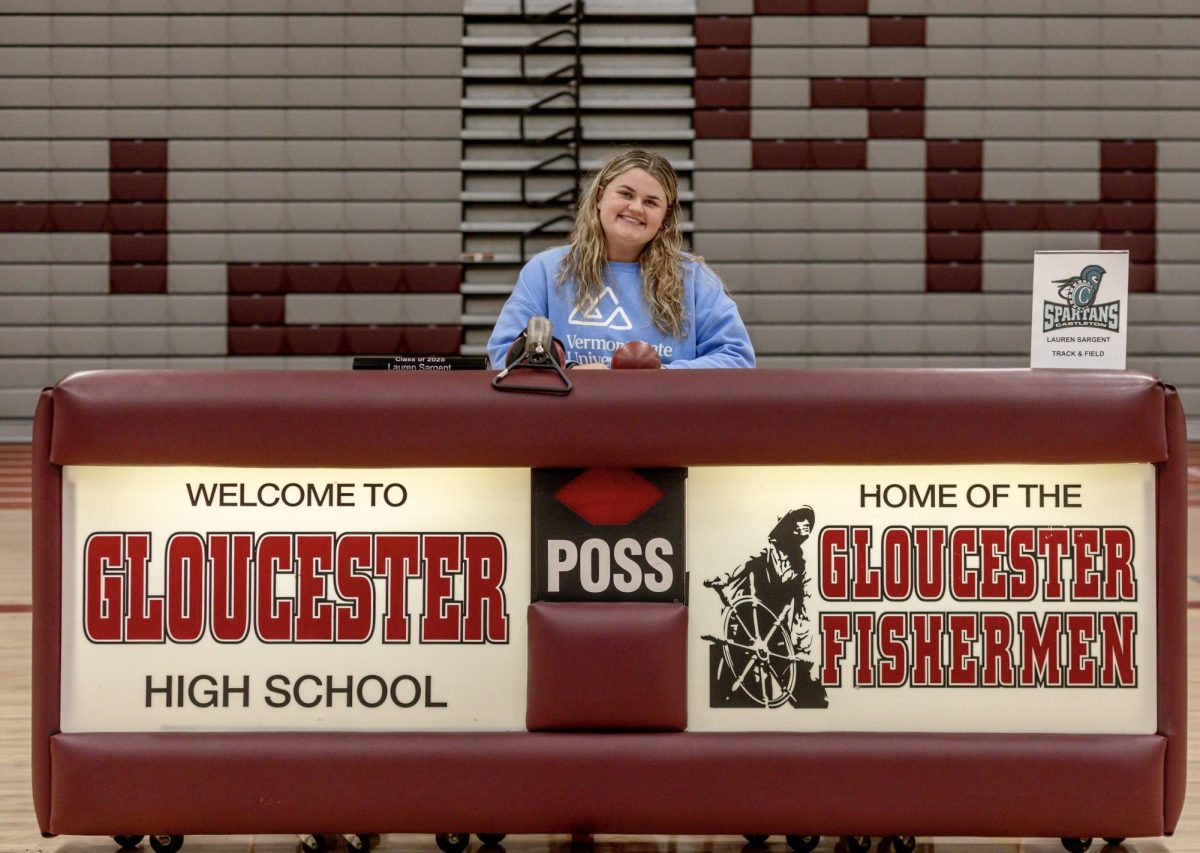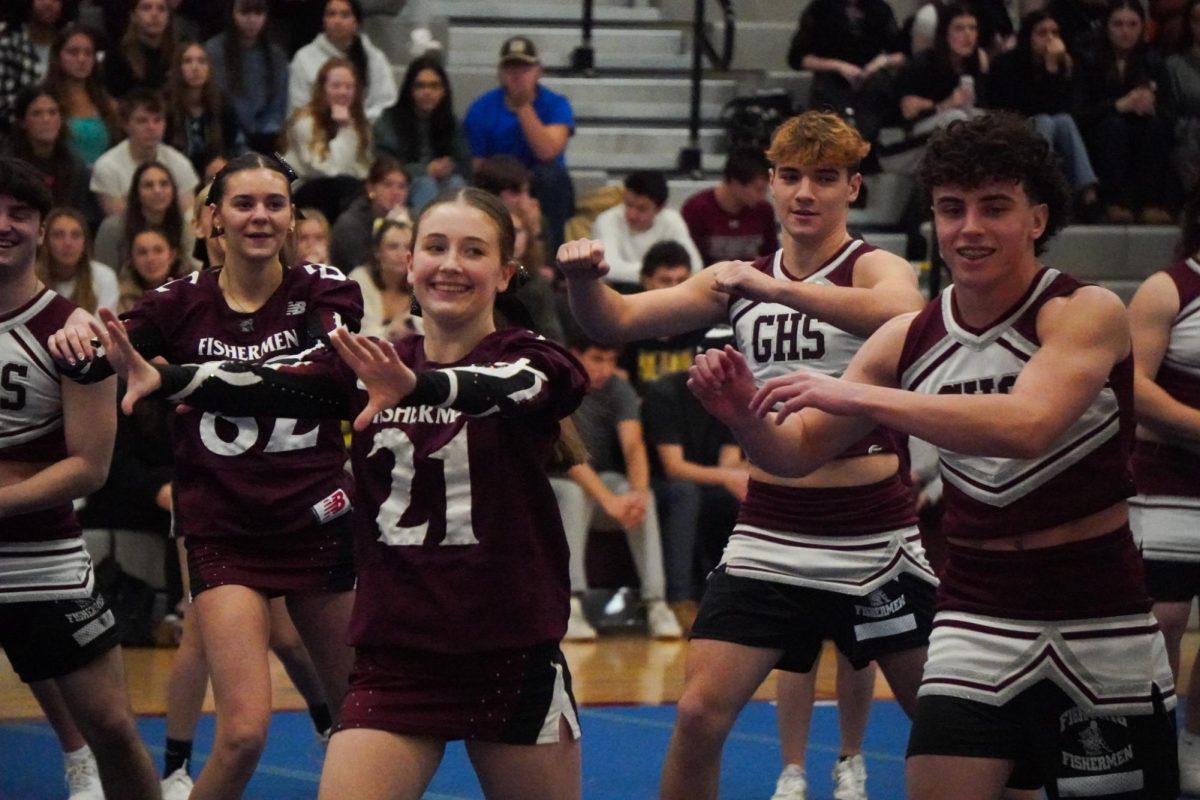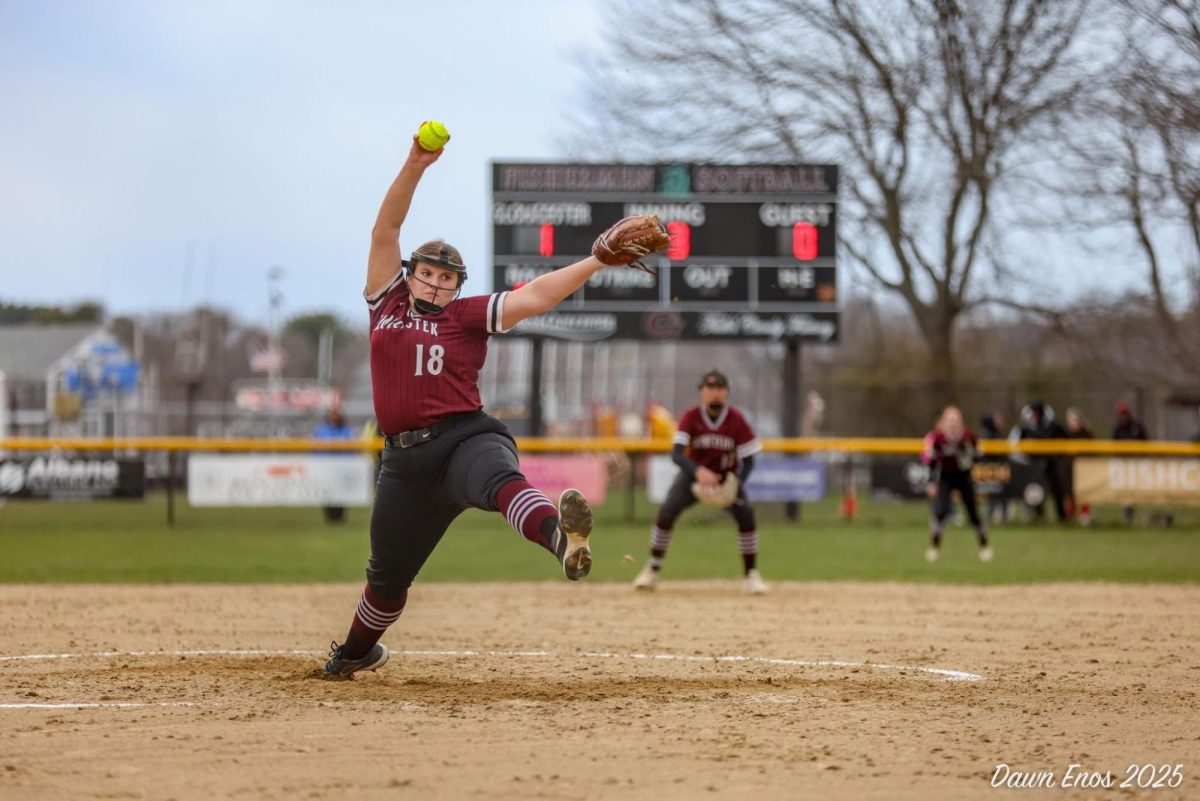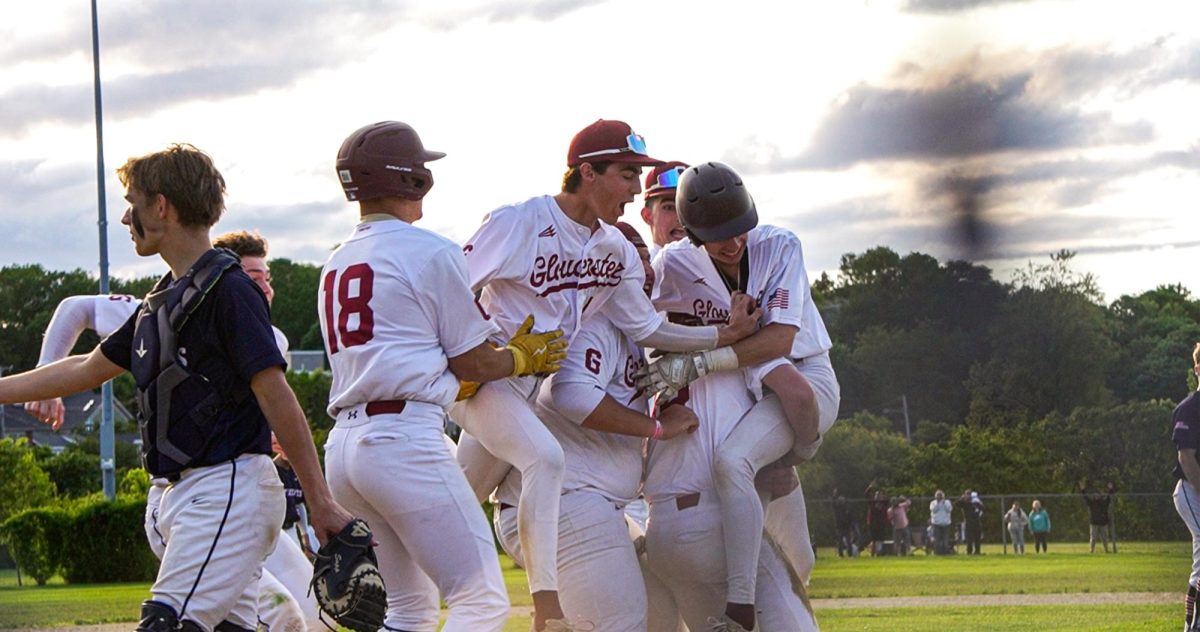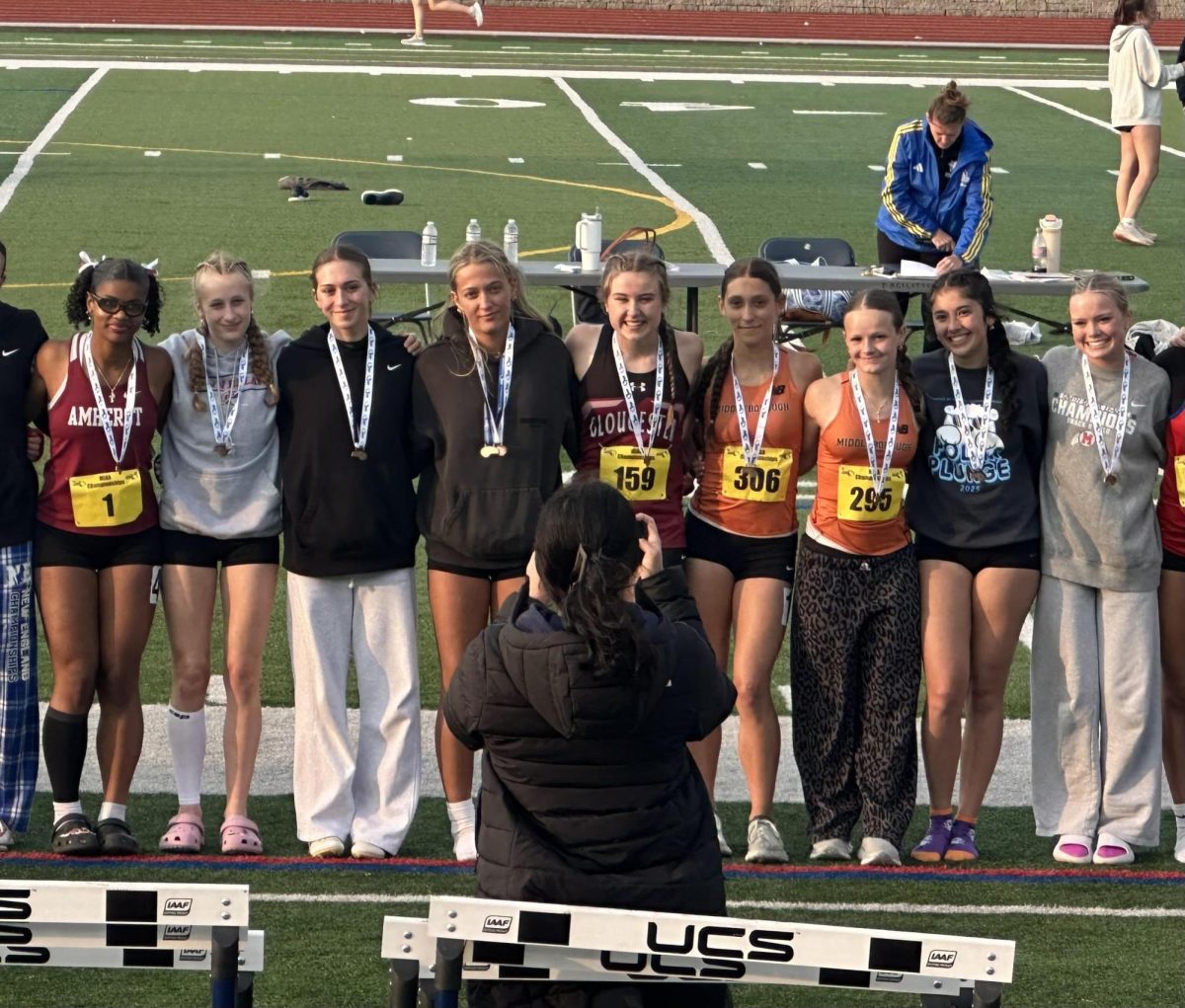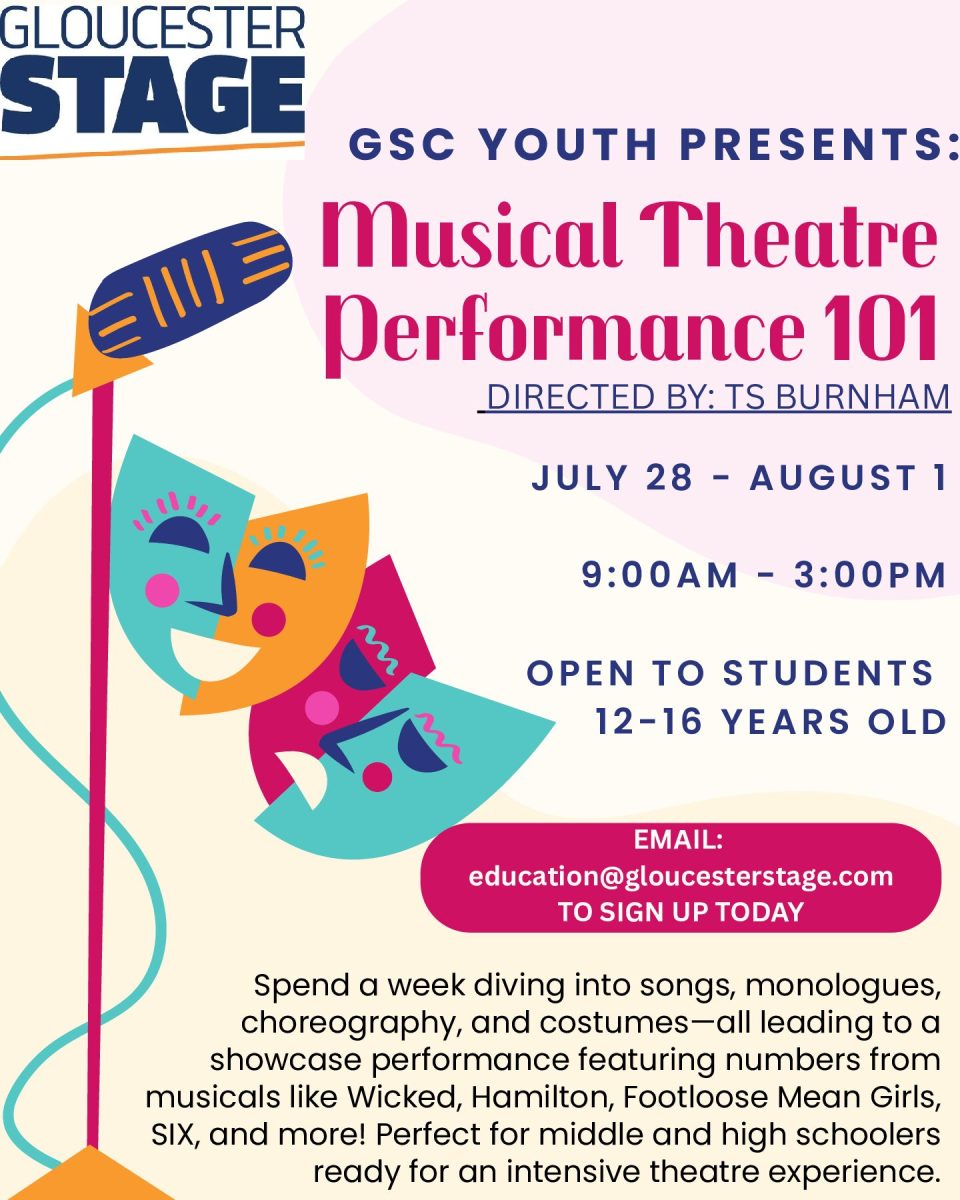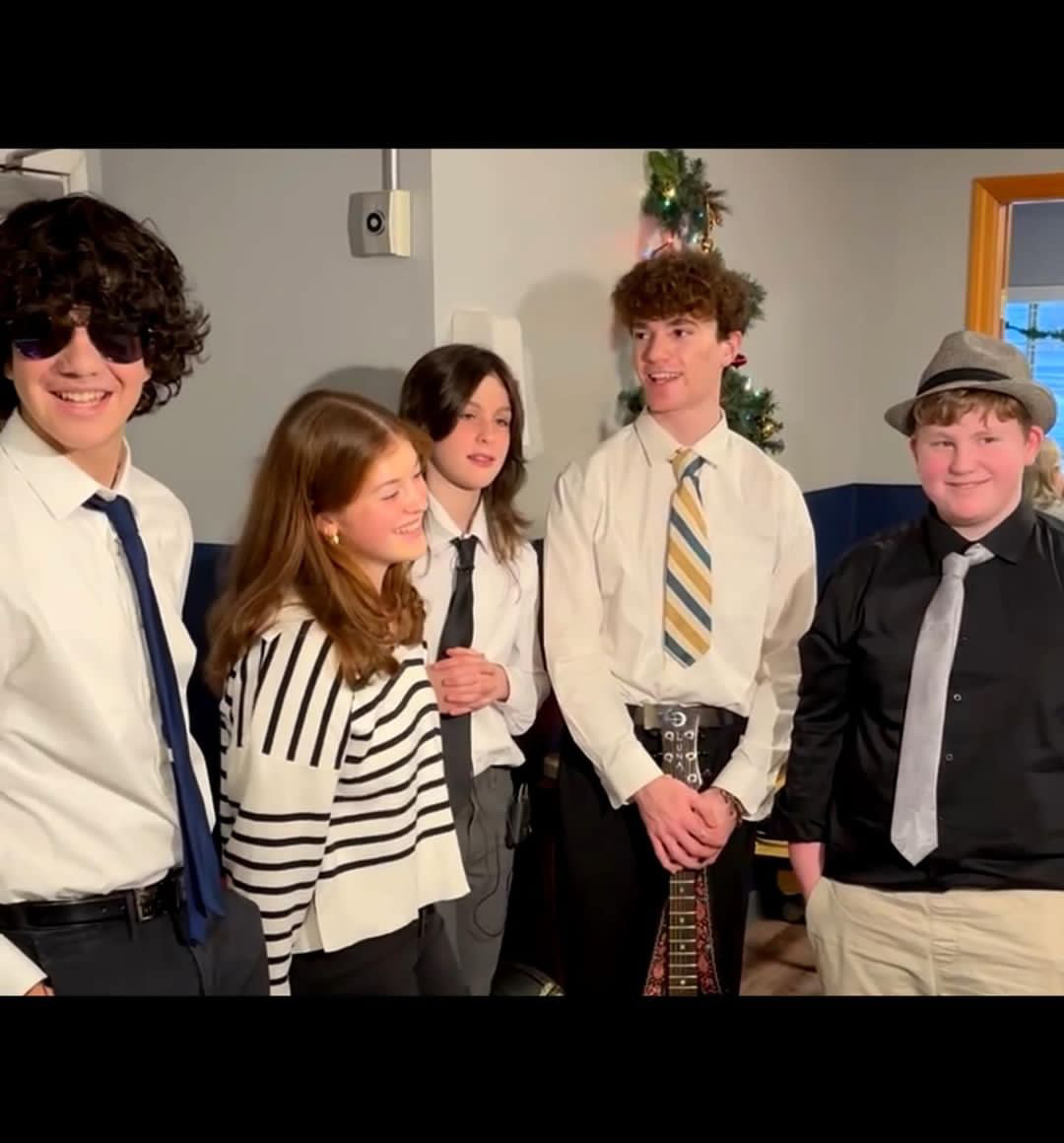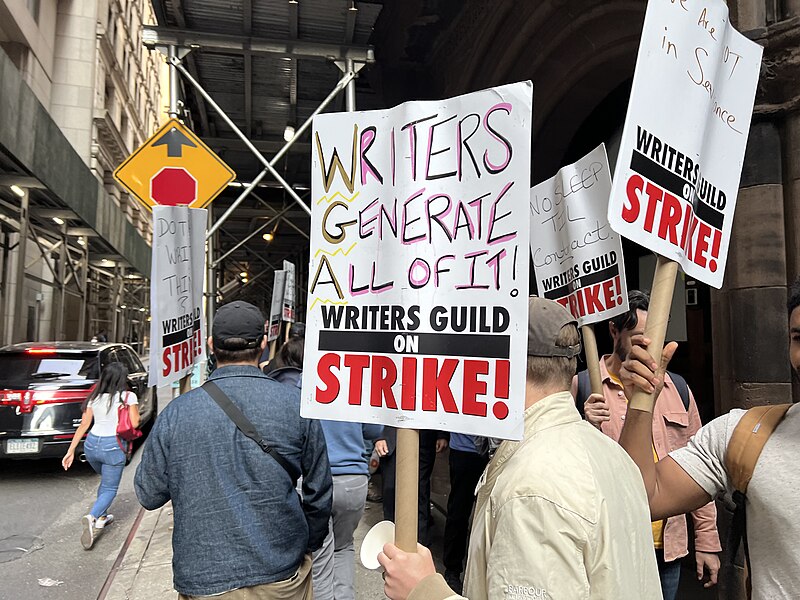After 146 straight days of striking, The Writers Guild of America has reached a tentative agreement with the Alliance of Motion Picture and Television Producers (AMPTP). This landmark deal includes most of the demands the WGA has put forth, including protections for writers against AI and royalty increases.
On May 2nd, 2023, members of WGA took to the streets to protest the conditions that film industry writers are being made to write under right now. Studios have been attempting to cut corners and underpay writers using strategies like “minirooms”, which are essentially small writer’s rooms that are supposed to come up with a concept for a show and outline, with no guarantee from the studio that the concept will ever see the light of day. Writers in minirooms are frequently underpaid, and put under extreme pressure and time constraints.
Minirooms prevent newer writers from being able to break into the industry, as studios will often simply put a couple of star writers in a miniroom with the assumption that more experienced writers will be able to churn out good ideas faster. Shows also suffer from under-staffing in actual writers rooms, as shows now typically run for fewer and shorter seasons than they did in the age of the sitcom. This has led to increased pressure on writers to do the same amount of work, in a shorter period of time, with fewer people on their team.
AI has also been a major concern for writers. ChatGPT threatens to take over the job of conceptualizing new movies and shows and even the writing itself, and writers worry that studios will start to use AI as a way to get out of paying them, hiring fewer writers and using AI to supplement. Before the agreement was reached, there were virtually no protections for writers against AI.
Another point of contention between WGA and AMPTP has been royalties. Actress Kimiko Glenn posted a video of her latest royalties online, revealing that for her 45-episode run on hit Netflix show “Orange Is The New Black”, she only received $27.30: not per episode, but in total. “Orange is The New Black” had a budget of $4 million per episode, and it continues to be streamed and lauded today. One might expect numbers like the ones Kimiko Glenn was seeing from a small indie studio or a film student’s college final, but from Lionsgate, a production company whose last fiscal year saw a total revenue of $3.85 billion?
WGA and AMPTP came to an agreement after months of picket lines and negotiations, and this victory for writers is a significant one. AMPTP was extremely reticent to cede to WGA’s demands regarding AI, and the issue was a large part of the reason why these negotiations have drawn on for so long. Now, there are protections in place that shield writers from AI and address concerns about the technology’s rapid growth. Streaming royalties will see significant increases, and studios will now be required to staff a minimum number of writers in hopes of eliminating the miniroom phenomenon altogether.
These gains will not only mean better conditions for WGA’s members now, but also protection for the future as AI technology advances and the world of writing becomes ever complicated.
“What we have won in this contract—most particularly, everything we have gained since May 2nd—is due to the willingness of this membership to exercise its power, to demonstrate its solidarity, to walk side-by-side, to endure the pain and uncertainty of the past 146 days,” the WGA negotiating committee said in a letter to its members. “It is the leverage generated by your strike, in concert with the extraordinary support of our union siblings, that finally brought the companies back to the table to make a deal.”
Though the writer’s strike is over, the negotiations are not done. SAG-AFTRA, the actors union, continues to strike, and negotiators are demanding that 2% of the revenue from streaming shows goes to the actors, which has been a “non-starter” for the AMPTP. The end of the writers strike sets an important precedent for all the other strikes going on currently, and demonstrates that if unions stick together and continue advocating for themselves against multi-billion-dollar corporations, important battles can be won.


